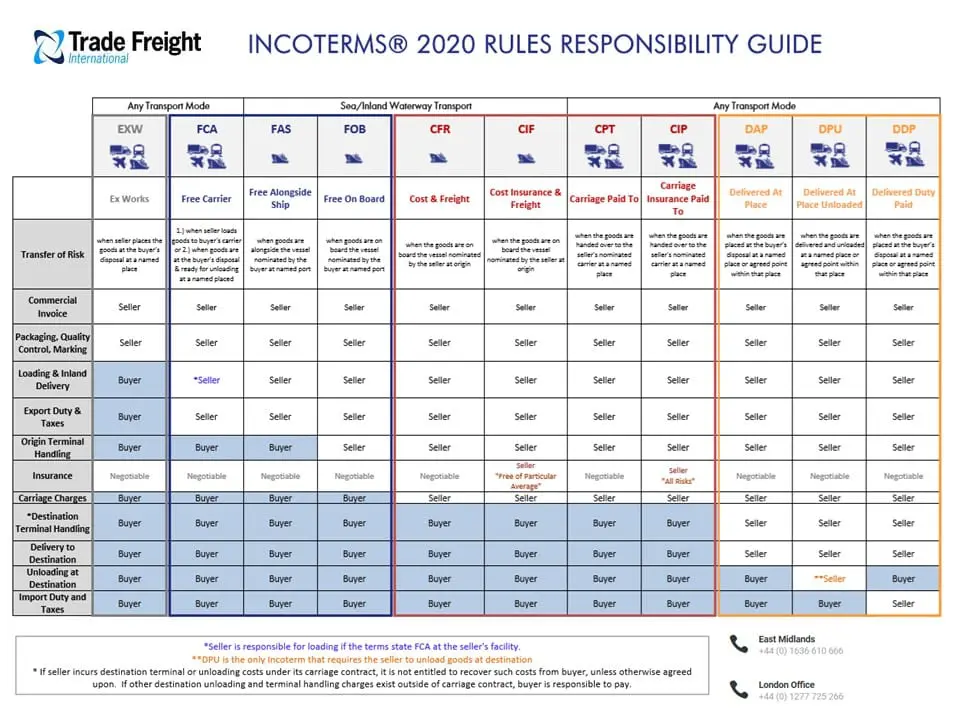Spain is currently preparing to trial a shortened working week. Here in the UK, by contrast, the government has extended maximum driving hours and minimum rest periods. The new rules went into force on 22nd January and are scheduled to be in force until 31st March. Here is a quick guide to them.
A reactivation of old rules
Technically, the Drivers’ Hours and Tachographs (Temporary Exceptions) Regulations 2021 (SI 2021/58) is a new parliamentary instrument. In actual fact, it simply reactivates the conditions in force between 23 December 2020 and 21 January 2021. The first time around, however, the change was covered by the Drivers’ Hours Regulation and hence did not require legislation.
The reason for the change
It will probably come as little surprise to learn that the reason for the change was given as a combination of COVID19 and Brexit. The former has been causing global issues. The latter has been causing issues throughout Europe, particularly in the UK and neighbouring countries.
The effect of the change
Under section 3 of the EU (Withdrawal) Act 2018 the UK retained the Drivers’ Hours Regulation. As the name suggests, this limits the number of hours drivers can work. It applies both in the UK mainland and in the EU (and hence NI). Per the new rules:
International drivers may now either drive for up to 11 hours (as opposed to 9 or 10 hours) during a single day or take a weekly rest period to be taken after 7 days ( as opposed to 6).
Domestic and international drivers can now drive for 96 hours per fortnight (as opposed to 90).
According to the guidance, these new permissions should be used only when necessary and should not be allowed to compromise safety. It emphasized that employers still had the usual health and safety responsibilities towards their employees. They will also need to remember the practicalities of public liability claims.
Minimal parliamentary oversight
The rule change was presented as a negative instrument. In practical terms, this meant that it became law automatically. In theory, it could have been revoked if either House agreed an annulment motion within 40 sitting days of it being laid.
Given the pace at which parliament works, that was always going to be a challenge. What’s more, the short duration of the changes would have arguably limited the benefit of taking up parliamentary time with the matter, at least on this occasion. If the government tries to extend the rules or reimplement them later, the result may be different.
Concerns raised in the House of Lords
The House of Lords has raised three concerns. Firstly, they are concerned that the new regulations will prove detrimental to HGV drivers. Secondly, they are concerned about the potential impact on general road safety. Thirdly, they are concerned about the lack of parliamentary scrutiny.
In particular, the Lords raised the issue of vague guidance. They felt that it was unclear when the exemptions might be applied. Furthermore, they believed that this vagueness could lead to drivers being pressured into implementing them. They highlighted the fact that it was not necessarily obvious whether the decision was the employer’s or the employee’s.
The Lord’s concerns are shared by Unite the Union which has indicated that it is concerned drivers will not get proper rest due to the new rules. This has clear implications not just for their welfare but for road safety. The government has acknowledged that Unite the Union was opposed to the relaxation of the rules.
In short
The new rules are now due to end. The real question, therefore, is whether or not the government will try to implement them again. COVID19 may be on its way out, but the supply chain is far from running as smoothly as it once did. If the government does try to reactivate the rules, it is to be hoped that they will be scrutinized far more thoroughly by parliament.



Recent Comments